DRY TOILET – Efficient Wastewater Solution: The Benefits of a Composting Toilet
In times of increasing environmental awareness and water scarcity, dry toilets offer a sustainable and efficient alternative to traditional flush toilets. These toilets, which operate without water, are ideal for environmentally conscious households and remote locations where water resources are limited.
How Does a Dry Toilet Work?
Dry toilets do not require a water supply for flushing. Instead, waste is collected and processed directly. There are various types of dry toilets. At Trinoga, we use composting separation toilets. These separate urine from solid waste. The urine is diverted, while the solids are collected in a container and composted.
Benefits of Dry Toilets
- Water Conservation: The biggest advantage is water savings. As no flushing is required, water is conserved, which is particularly important in arid regions or during water shortages.
- Easy Maintenance: Many dry toilets are easy to maintain and do not require complex plumbing or sewage systems.
- Flexibility: Ideal for remote locations or vacation homes where access to water and sewage systems is limited.
- Environmentally Friendly: By reducing water consumption and utilizing composting, dry toilets help lower environmental impact.
Conclusion
Dry toilets are a practical and eco-friendly solution for wastewater disposal, especially in areas that require a sustainable and water-conscious alternative. Their simple operation and reduction in water use make them a valuable addition for many households and communities.
By Sarah K.


